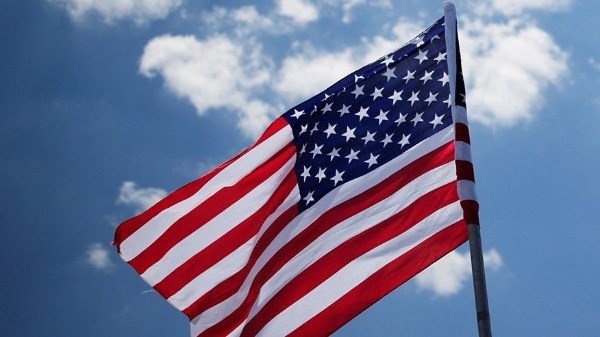US to withdraw from Intermediate-Range Nuclear Forces Treaty with Russia in early February
On February 2, after a six-month period, the United States will eventually withdraw from the Intermediate-Range and Shorter-Range Missiles (INF) Treaty, DW reported.
In early December, US Secretary of State Mike Pompeo gave Russia 60 days to return to the implementation of the INF Treaty. This period expires on February 2.
US Permanent Representative to NATO Kay Bailey Hutchison clarified that a six-month period will begin on February 2, during which the United States will remain a party to the INF Treaty. The US will withdraw from the treaty only after its expiration.
“Russia still has six months before the final withdrawal [of the United States from the treaty],” Hutchison said.
In addition, she said that she would like Russia to demonstrate that it adheres to the INF Treaty during this period.
"This is the last chance for Russia to preserve the Treaty," said the US permanent representative to NATO.
In the meantime, the United States is conducting research on new systems of weapons. According to Hutchison, there is not yet a schedule for what will follow the completion of the research. Nevertheless, after February 2, the United States will not be constrained by the INF.
The INF Treaty was signed by Mikhail Gorbachev and Ronald Regan in December 1987. The treaty entered into force in the summer of 1988. The United States and the USSR pledged not to produce, test or deploy intermediate-range (from 1,000 to 5,500 km) and shorter-range (from 500 to 1,000 km) cruise and ballistic land-based missiles.
According to NATO, the Russian Federation has violated the treaty by creating a ground-based 9M729 cruise missile for the Iskander systems.
